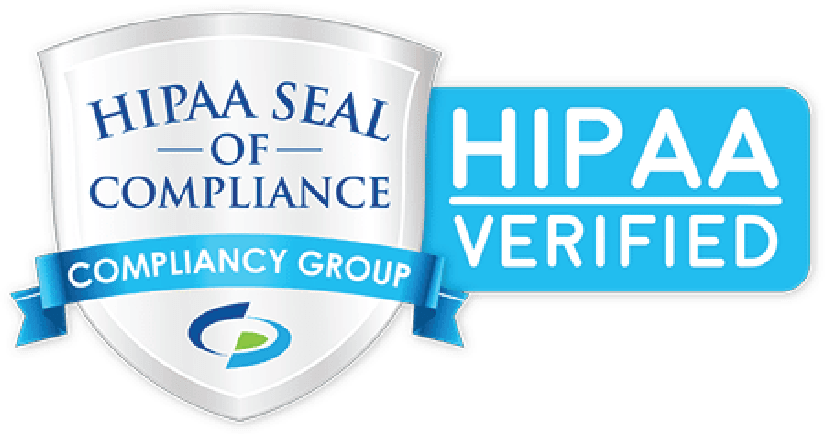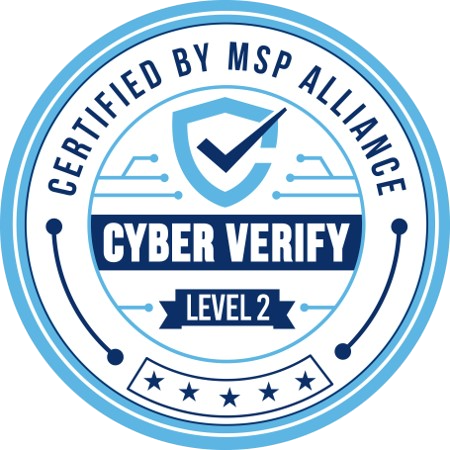Data Breach? What Are The Next Steps?
Data breach. It’s the two-word combination you never want to hear spoken within your healthcare organization. Whether you’re a doctor’s office, a hospital, or another healthcare facility, you don’t want to become a victim of digital theft. However, if you do become a victim, you need to know what your next steps are going to be.
The Average Data Breach
One of the first things that you need to know is that most data breaches and cyber-attacks are on small to medium-sized businesses. Although you hear about large companies getting hit, it’s only because they make better news. Small businesses don’t have sophisticated IT security in place, making them an easier target.
Any time-sensitive information is stolen from an internal server without the authorization of the owner, it is identified as a data breach. The level of information stolen can vary from breach to breach. In some instances, it is only a small portion of the database and in other instances, it is the entire database, complete with personal information, credit cards, and other data that can pose serious problems to those who have had their information stolen from your database.
Recover Stolen Data
The goal will be to recover any stolen data so that it does not end up on the dark web. However, this may not be possible based on the level of cyber-attack.
An investigation will need to be launched to understand how the breach occurred. You’ll need to know what systems were affected as well as what data has been compromised. In order to carry out the investigation, you will need to hire an external security incident response specialists. This will ensure that the issue is addressed so that you can then learn about how to fix it.
You will also need to contain the breach so that it doesn’t continue to cause you problems.
In many instances, the investigation will cause operations to cease until the IT issues are addressed.
Report the Data Breach
The breach will need to be reported to several different entities. If you’re in the healthcare industry, you may be in violation of HIPAA as a result of the breach. In this case, HIPAA has requirements involving reporting the breach to the affected individuals, HHS (US Department of Health & Human Services), and potentially even the media.
A number of individuals need to know about the data breach so that they can take preventative measures towards securing all of their data. For example, if people know that their credit card was part of the stolen data, they can contact the bank in order to have a new credit card issued. It’s best to seek counsel to determine who needs to know and when they need to be notified.
The victims are likely to have a number of questions so you will need to invest the time and resources to be able to address everything effectively.
Local authorities (and potentially even the federal) should also be informed of the data breach because hacking personal, financial, or business data is against the law. If the parties responsible for hacking the data are caught, they can face serious charges.
Protect Your Business
Once you have finished cleaning up the mess of the data breach, you need to create an action plan so that you don’t encounter any future data breaches. You want to make sure that you are payment card industry (PCI) compliant. Additionally, you want to look at the level of security that you have in place and make some adjustments.
Various IT services can be incorporated into your healthcare facility so that you can improve IT functionality. A variety of cyber security solutions are available to help you establish a safer online working environment.
Where you store your data will determine the different solutions that are created for you. For example, you may have some information on a private server and other information may be located in the cloud.
A cybersecurity assessment will make it easier to learn about existing issues as well as any potential vulnerabilities. This will make it easier to address problems and take the necessary precautions to prevent another database.
Once you have a better solution in place, you can then focus on sufficient maintenance and monitoring.
It’s important to remember that there is no “one and done” solution. Monitoring is an ongoing process. You also need to make sure that your systems are being updated regularly so that they are capable of protecting against the various threats. Remote monitoring will also ensure that you aren’t the one personally responsible for looking after your system. If there is any kind of issue, it can be addressed before any hacker notices the vulnerability.
You need to do everything you can to protect your business. Particularly within the healthcare industry, you need to keep your patients’ information safe. If there is a data breach, it can cost you money and hurt your reputation. Ideally, you can work with IT professionals to safeguard your business before you ever find out what it’s like to be a victim.
When you want to learn more about data breaches and how to protect yourself, contact the Kraft Technology Group. We can identify the technology and strategize your IT security to ensure that you are more secure to ward off future data breaches.





